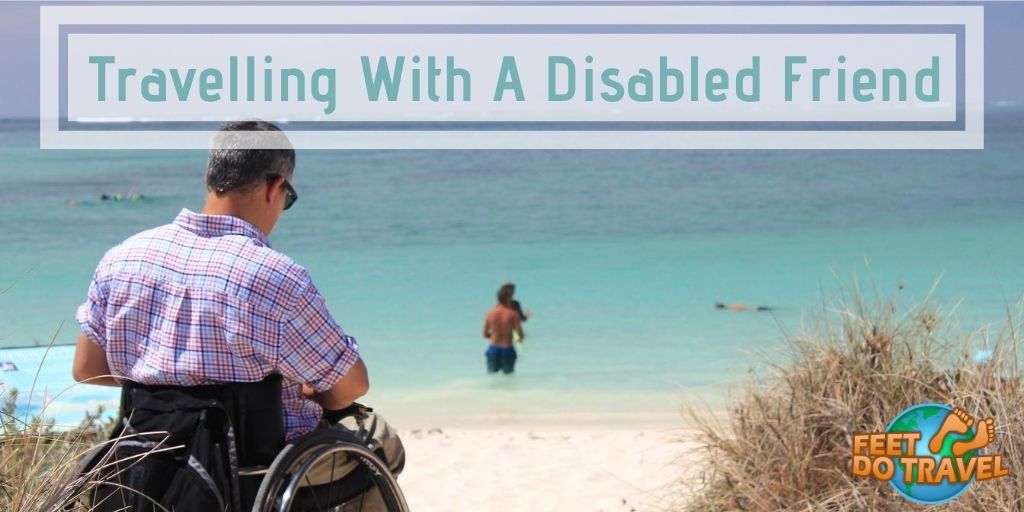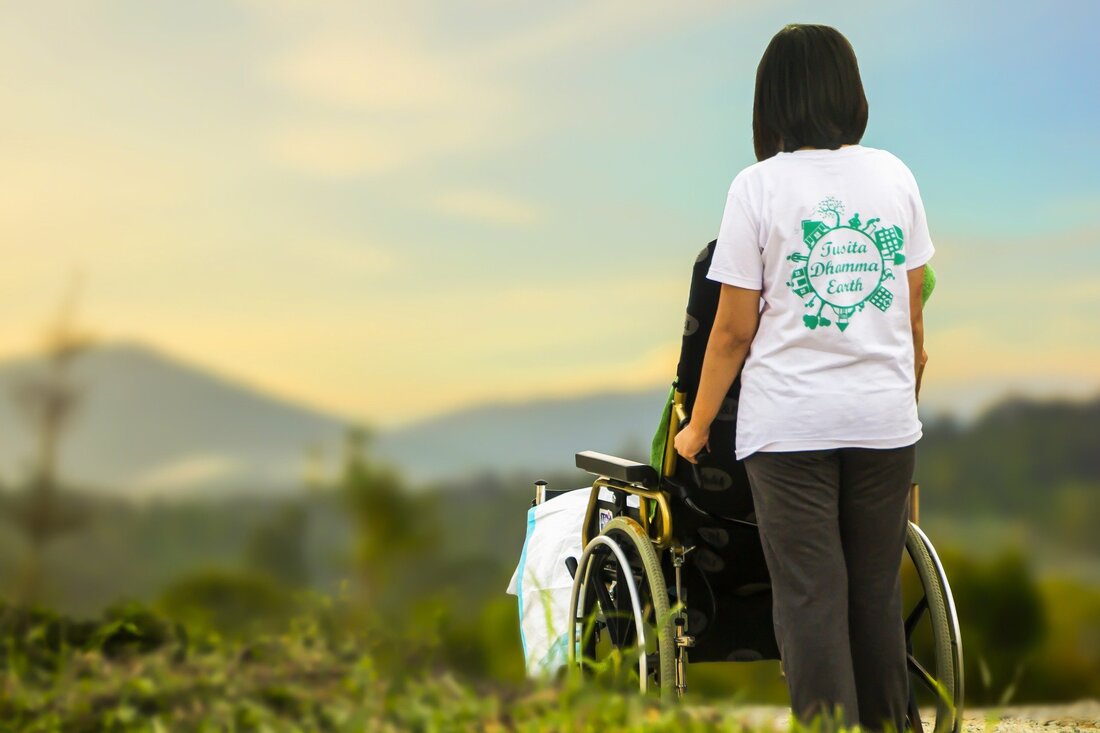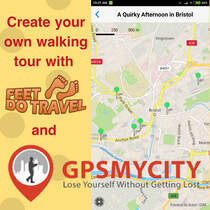Seeing new places has many benefits, however if you have a friend with a disability, getting from A to B can be more challenging if you are not prepared beforehand. Whether you’re travelling domestically or going overseas, it’s only natural you will want your friend to have the same experiences as yourself.
Feet Do Travel share some useful tips on how to travel with a disabled friend.
Feet Do Travel share some useful tips on how to travel with a disabled friend.
Plan Ahead
Whether it’s ensuring you have a suitable hotel room, knowing the public transportation system, or booking airport transfers to make your journey easier, it’s vital you plan your trip well in advance. If you make sure the places you visit are accessible for your friend, this will make the travel process as seamless as possible.
Planning in advance will also give you contingencies should your plans fall through. If your friend has issues with their mobility, look into folding mobility scooters which are quick and easy to operate.
Unfortunately, not all destinations are accommodating for disabled travellers, so it’s important to do your research, and check out online forums for ratings and reviews. This will give you a better idea of whether or not your destination is suitable, or if you have to choose somewhere else.
Set Realistic Expectations
When visiting a new place, you will want to see and do as much as possible. Whether you’re heading away for a few days or a couple of weeks, it’s important you set realistic expectations from the beginning. Whilst you may not have trouble getting around, your friend may find the experience more difficult with a disability. Putting yourself in their shoes and being realistic about what you can do together is important.
Sit down with your friend and plan a loose itinerary, as this will add structure to your trip and ensure you both get the most out of your time away.
Whether it’s ensuring you have a suitable hotel room, knowing the public transportation system, or booking airport transfers to make your journey easier, it’s vital you plan your trip well in advance. If you make sure the places you visit are accessible for your friend, this will make the travel process as seamless as possible.
Planning in advance will also give you contingencies should your plans fall through. If your friend has issues with their mobility, look into folding mobility scooters which are quick and easy to operate.
Unfortunately, not all destinations are accommodating for disabled travellers, so it’s important to do your research, and check out online forums for ratings and reviews. This will give you a better idea of whether or not your destination is suitable, or if you have to choose somewhere else.
Set Realistic Expectations
When visiting a new place, you will want to see and do as much as possible. Whether you’re heading away for a few days or a couple of weeks, it’s important you set realistic expectations from the beginning. Whilst you may not have trouble getting around, your friend may find the experience more difficult with a disability. Putting yourself in their shoes and being realistic about what you can do together is important.
Sit down with your friend and plan a loose itinerary, as this will add structure to your trip and ensure you both get the most out of your time away.
Speak to Disability Organisations
This may be your first trip away with someone who has a disability, so if you’re worried about saying the wrong thing to your friend, know that there are disability organisations you can contact who can offer advice and recommendations. For example, Mobility International can help you prepare a trip with a person who has a specific type of disability. Whether your friend is physically disabled, blind, deaf, or autistic, the team can help you plan an unforgettable trip.
Speak to Your Doctor
It’s advised to speak with your doctor if you are travelling with a friend who has a disability.
Be specific with your doctor about your travel plans so they can give advice on how to survive a long-haul flight, or how to deal with limited medical facilities once you arrive at your destination. Doing this will help reduce any discomfort you or your friend may experience, and can prevent an emergency during your time away.
Should you encounter any problems during your trip, it’s important you carry emergency contact information such as your phone number and medications.
Plan for Contingencies
Regardless of where you are going in the world, you may run into challenges during your time away, for example lack of elevators. Should this happen, it’s vital you have a backup plan in place, which will prevent disappointment and allow everyone to have a pleasant time.
Travelling somewhere new should be something to look forward to rather than fear. So, while your friend may have a disability which could present additional challenges, with careful preparation and a positive attitude, you and your travel companion will be sure to enjoy a safe and accessible trip.
This may be your first trip away with someone who has a disability, so if you’re worried about saying the wrong thing to your friend, know that there are disability organisations you can contact who can offer advice and recommendations. For example, Mobility International can help you prepare a trip with a person who has a specific type of disability. Whether your friend is physically disabled, blind, deaf, or autistic, the team can help you plan an unforgettable trip.
Speak to Your Doctor
It’s advised to speak with your doctor if you are travelling with a friend who has a disability.
Be specific with your doctor about your travel plans so they can give advice on how to survive a long-haul flight, or how to deal with limited medical facilities once you arrive at your destination. Doing this will help reduce any discomfort you or your friend may experience, and can prevent an emergency during your time away.
Should you encounter any problems during your trip, it’s important you carry emergency contact information such as your phone number and medications.
Plan for Contingencies
Regardless of where you are going in the world, you may run into challenges during your time away, for example lack of elevators. Should this happen, it’s vital you have a backup plan in place, which will prevent disappointment and allow everyone to have a pleasant time.
Travelling somewhere new should be something to look forward to rather than fear. So, while your friend may have a disability which could present additional challenges, with careful preparation and a positive attitude, you and your travel companion will be sure to enjoy a safe and accessible trip.









